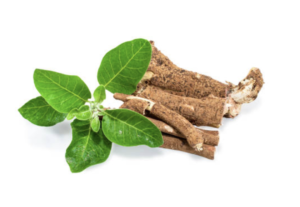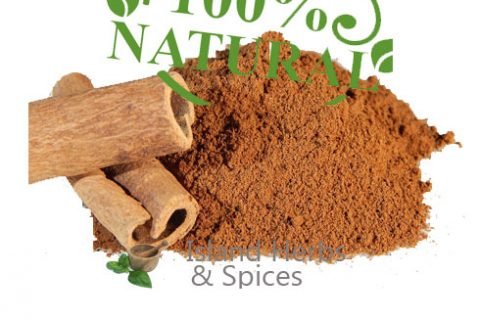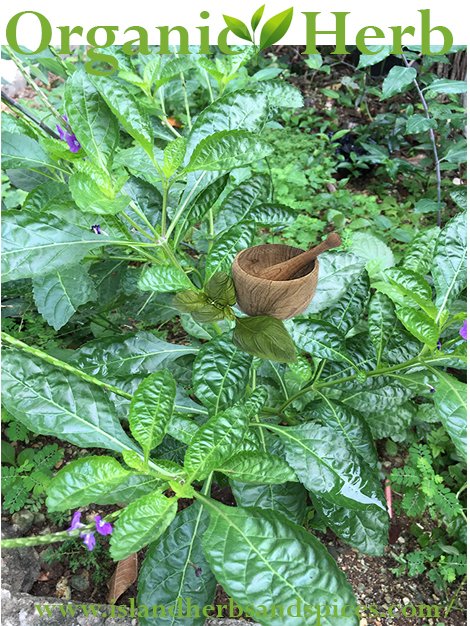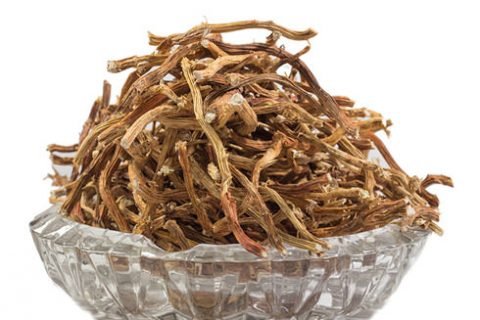Understanding Menopause: A Natural Transition in a Woman’s Life
 Menopause is a significant phase in a woman’s life, marking the end of her reproductive years. It typically occurs between the ages of 45 and 55, though it can happen earlier or later. Menopause is defined as the time when a woman has not had a menstrual cycle for 12 consecutive months. The process, known as perimenopause, often starts several years before, with symptoms like irregular periods, hot flashes, mood swings, and sleep disturbances.
Menopause is a significant phase in a woman’s life, marking the end of her reproductive years. It typically occurs between the ages of 45 and 55, though it can happen earlier or later. Menopause is defined as the time when a woman has not had a menstrual cycle for 12 consecutive months. The process, known as perimenopause, often starts several years before, with symptoms like irregular periods, hot flashes, mood swings, and sleep disturbances.
Menopause occurs because the ovaries gradually stop producing estrogen and progesterone, the hormones responsible for regulating menstruation and reproduction. This shift in hormone levels can lead to a wide range of symptoms that vary in intensity and duration. While some women experience mild discomfort, others may deal with severe physical and emotional challenges. These symptoms can include:
- Hot flashes
- Night sweats
- Mood swings
- Weight gain
- Fatigue
- Joint pain
- Decreased libido
- Vaginal dryness
While there are various treatments to manage menopausal symptoms, many women seek natural alternatives to conventional hormone replacement therapy (HRT). Herbal remedies have gained popularity for their potential to provide relief without the side effects associated with pharmaceuticals. Below, we explore three powerful herbs that have shown promise in supporting women during menopause.
1. Ashwagandha (Withania Somnifera)
Ashwagandha, often referred to as “Indian ginseng,” is a renowned adaptogenic herb used in Ayurvedic medicine for centuries. It helps the body adapt to stress and balances hormone levels, which can be beneficial during menopause.
Benefits for Menopausal Women:
- Stress and Anxiety Relief: Menopause can lead to mood swings, anxiety, and stress due to fluctuating hormone levels. Ashwagandha has calming properties that help reduce cortisol (the stress hormone), offering relief from anxiety and irritability.
- Improves Sleep: Insomnia and disrupted sleep are common during menopause. Ashwagandha promotes restful sleep by calming the nervous system and regulating sleep cycles.
- Supports Hormonal Balance: By supporting the adrenal glands, ashwagandha helps maintain a balanced production of key hormones during menopause, including estrogen and progesterone.
Ashwagandha is generally safe for long-term use and can be taken in powder, capsule, or tincture form. Regular use of this herb may help improve overall well-being during menopause.
2. Black Cohosh (Cimicifuga Racemosa)
Black Cohosh is one of the most well-researched and widely used herbs for menopause relief. Native to North America, it has been used for centuries to address women’s reproductive health issues, particularly menopausal symptoms.
Benefits for Menopausal Women:
- Reduces Hot Flashes and Night Sweats: Black Cohosh has been shown to reduce the frequency and intensity of hot flashes, one of the most common and uncomfortable symptoms of menopause. It can also alleviate night sweats, promoting better sleep.
- Eases Mood Swings: Fluctuating hormones often lead to mood disturbances. Black Cohosh’s phytoestrogenic properties help balance estrogen levels, which may contribute to mood stabilization.
- Supports Vaginal Health: Vaginal dryness and discomfort during intercourse are common complaints during menopause. Black Cohosh supports vaginal moisture and elasticity, improving sexual comfort and health.
Black Cohosh is typically taken in tablet or capsule form and is considered a natural alternative to hormone replacement therapy for its ability to mimic the effects of estrogen in the body.
3. Hyptis Pectinata (Woman Piaba)
Also known as “Brazilian mint,” Hyptis Pectinata, or “Woman Piaba,” is a medicinal herb used in traditional medicine across South America and the Caribbean. It has been praised for its benefits in women’s health, particularly during menopause.
Benefits for Menopausal Women:
- Anti-inflammatory and Pain Relief: Menopause often comes with joint pain and muscle aches due to declining estrogen levels. Hyptis Pectinata has anti-inflammatory properties that help relieve pain and discomfort associated with menopause.
- Promotes Bone Health: As estrogen levels drop, women are at higher risk of osteoporosis. Hyptis Pectinata is believed to help support bone density and overall bone health, reducing the risk of fractures and osteoporosis.
- Mood Support: This herb has a calming effect that can help alleviate anxiety, depression, and mood swings, common emotional challenges during menopause.
Woman Piaba can be taken in the form of tea, tinctures, or capsules, and its soothing and anti-inflammatory properties offer significant support for women dealing with physical and emotional discomfort during menopause.
How to Safely Use Herbal Remedies for Menopause
While herbs like Ashwagandha, Black Cohosh, and Hyptis Pectinata offer natural relief for menopausal symptoms, it’s important to use them safely and under the guidance of a healthcare professional. Some herbs may interact with medications or have contraindications for specific health conditions. Always consult with a healthcare provider, especially if you are considering herbal supplements alongside other treatments.
Conclusion
Menopause is a natural phase in every woman’s life, but it doesn’t have to be a time of discomfort and distress. Herbal remedies like Ashwagandha, Black Cohosh, and Hyptis Pectinata offer natural, effective support for the various symptoms of menopause, from hot flashes to mood swings and joint pain. Incorporating these herbs into your routine, alongside a healthy diet, regular exercise, and stress management techniques, can help women navigate this transition with greater ease and well-being.







